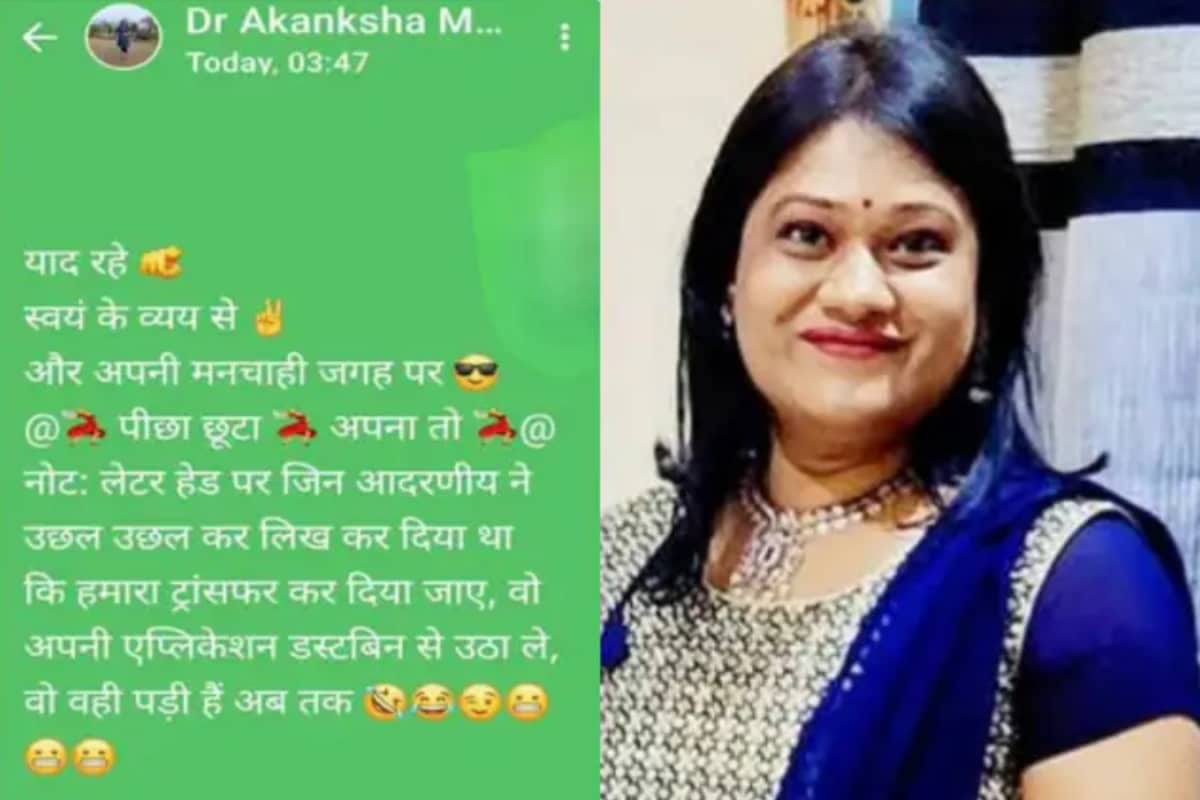

In Madhya Pradesh, a doctor has been suspended following a WhatsApp status update that appeared to celebrate a colleague's transfer and subtly criticize a Member of the Legislative Assembly (MLA). The incident has sparked controversy, raising questions about the use of social media by public officials and the boundaries of acceptable expression.
The doctor, whose name has not been officially released, reportedly posted the status shortly after news of the transfer became public. While the exact wording of the status remains unconfirmed, sources suggest it alluded to potential difficulties the transferred colleague might face under the MLA's jurisdiction. The status update was quickly shared and screen-grabbed, drawing the attention of higher authorities within the state's health department.
Taking swift action, the department issued a suspension order, citing a breach of conduct rules for government employees. The order emphasized that public officials are expected to maintain a certain level of decorum and avoid actions that could be interpreted as politically motivated or critical of elected representatives. The suspension has triggered mixed reactions. Some argue that the doctor's WhatsApp status was a harmless expression of opinion and that the suspension is an overreaction, stifling freedom of speech. Others support the department's decision, asserting that government employees must adhere to a higher standard of professionalism and refrain from public displays of discontent, especially those involving political figures.
Adding another layer to the controversy is the perceived dig at the MLA. While the status update did not explicitly name the MLA, the context implied a connection between the transfer and the legislator's influence. This has led to speculation about potential friction between the medical community and local politicians, with some observers suggesting that the suspension is intended to appease the MLA and prevent further escalation of tensions.
The incident underscores the growing challenges posed by social media for public sector employees. Platforms like WhatsApp offer a convenient means of communication, but they also blur the lines between personal expression and professional conduct. What might be considered an innocuous comment among friends can quickly become a public issue with significant consequences.
This is not the first time a government employee in Madhya Pradesh has faced disciplinary action for social media activity. In similar instances, employees have been penalized for posting content deemed critical of the government, supportive of opposition parties, or otherwise violating conduct rules. These cases highlight the need for clear guidelines and training for public officials on responsible social media usage. It is crucial to strike a balance between protecting employees' right to free expression and ensuring that their online activity does not undermine public trust or disrupt government operations.
As for the suspended doctor, the future remains uncertain. The suspension could be followed by a formal inquiry, potentially leading to further disciplinary measures. Alternatively, if the authorities determine that the WhatsApp status did not constitute a serious breach of conduct, the suspension could be lifted. Whatever the outcome, this case serves as a reminder of the potential pitfalls of social media for those in public service and the importance of exercising caution and discretion online.